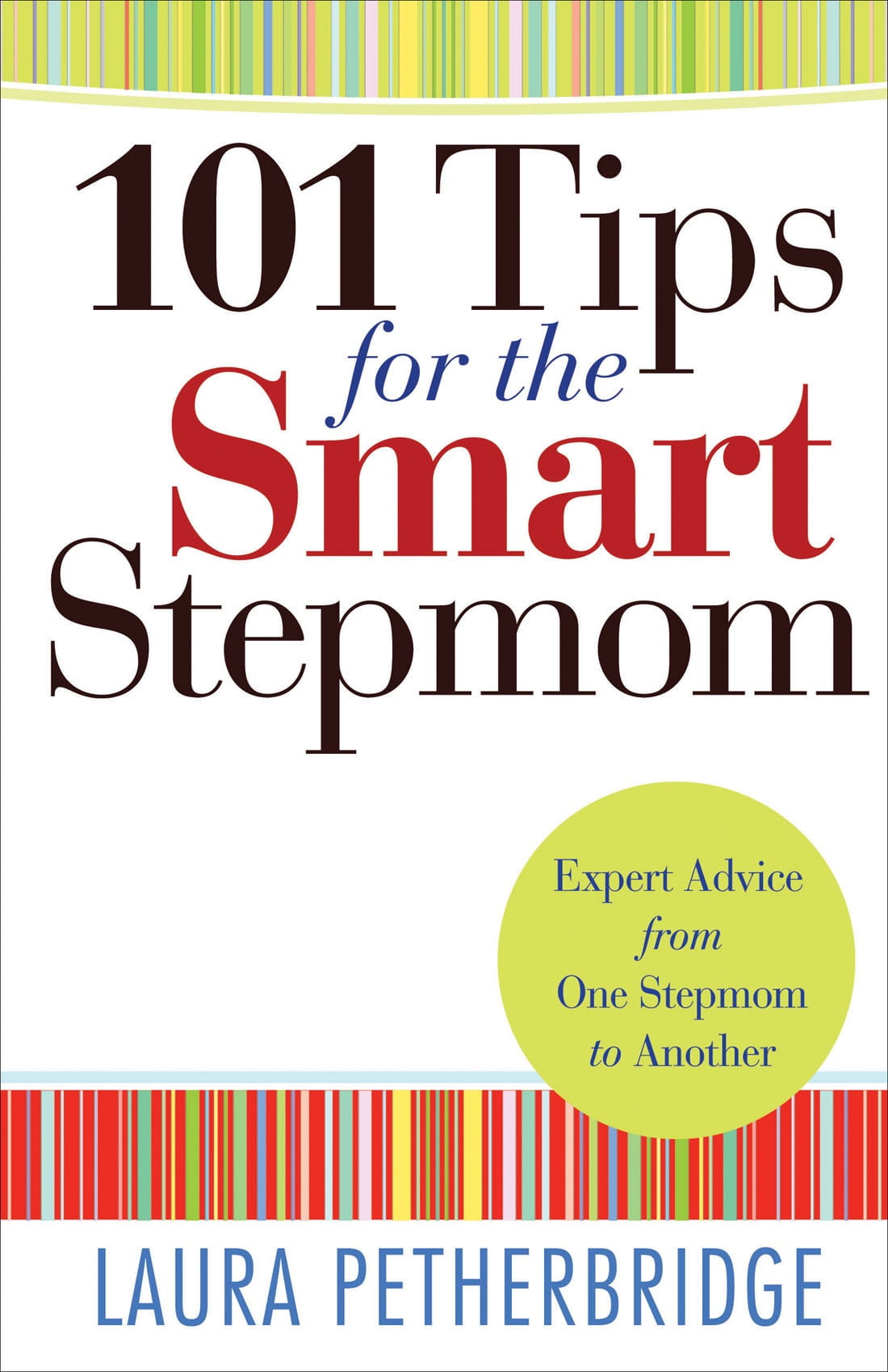Did you know...?
- Approximately one in three Americans aged 62 or older is expected to have debt in retirement1
- One-third of people over 65 rely on Social Security for 90% of their income.2
- 32% of retirees have less than $10,000 saved.
- 31% of retirees carry mortgages.3
Forty years ago the financial future for today’s senior adults radically changed. Instead of saving to make a purchase, people in the 70’s had a new option—credit cards. Unfortunately, many seniors are now experiencing the backlash.
In a recent survey people 62 and older were asked how many years it would take to pay off their debt. Here are the results:
Less than one 14%
One to less than five 41%
5-10 16%
10 or more 12%
Never 17%
Those nearing or already in retirement will likely face the challenge of living on a reduced income. Additionally, many seniors do not have the benefit of pensions to supplement their income or pay for rising health costs.
While debt is not prohibited in the Bible, these statistics explain why it is strongly discouraged (Deuteronomy 28:43-45). Debt relies upon future income for repayment, and almost always comes with costly interest.
If you find yourself in this distressing situation don’t lose heart. With God’s help there is always hope. Listed are a few practical suggestions.
1. Honestly assess your situation. Write down everything you owe. Denial will only delay the consequences. If you are married it’s wise to assess the debt as a team. It’s not uncommon for one spouse to be a spender, in our situation that would be Laura, and the other a hoarder, that would be Steve. Both extremes are unwise because they reveal an unhealthy reliance on money to meet our needs rather than God.
2. Develop a plan. This can be done using a computer program or paper. There are numerous god systems online. Knowing where you stand financially is the key for working on a debt reduction strategy. For one full month write down every single penny you spend. That list should include small incidental purchases such as: a pack of gum, a cup of coffee at McDonalds, and a newspaper. After thirty days has passed evaluate your list. We believe you will be shocked at how much money is easily frittered away on small stuff.
3. Evaluate your expenses. Similar to a food diet, to quit “cold turkey” on spending is unrealistic. For example, to stop eating out altogether may be unreasonable. But consider how much could be saved if you switched from four nights a week to twice. Add to that ordering water instead of a coke. For a couple that typically amounts to $5.00 per meal. Multiply that two times per week, and after one month it’s $40 that could go towards reducing a credit card payment. And all that was sacrificed is a few drinks!
4. Seek wise, trusted counsel and accountability. This could include a spouse, a friend who is good with finances, a budget counselor, or a professional. Beware: When choosing a professional make certain he/she has your same value system and integrity. This person should not have a vested interest in selling you something. Obtaining insight from a financial planner is a great idea, but remember that being a Christian does not automatically qualify the person as a good financial expert.
5. Attend a bible study or financial class. Fortunately, there are some excellent resources today that focus on handling money from God’s perspective. Unfortunately, many seniors think it’s too late. Nothing could be further from the truth. Check with your church to see if they offer a class. If they don’t, research nearby churches that might. When we began taking bible studies that address finances, we were shocked to learn that God’s word has so much to say on the subject. It radically helped our marriage, our debt reduction, and our future.
We learned that money is an emotional issue that has a direct correlation to trusting a faithful Creator.
God isn’t sitting in heaven with a calculator pointing his finger at you. He is more than willing to meet you right where you are in your debt. He desires your financial freedom even more than you do. Trust him.
Endnotes:
1-USA Today, 3.12.08, Jae Yang, Robert W. Ahrens. Source: Financial Freedom Senior Sentiment Survey.
2-Moneycentral.msn.com Liz Pullman Weston 3.22.07.
3-USA Today 6.5.07, Jae Yang, Bob Laird. Source: Financial Freedom Senior Funding Survey.
Laura Petherbridge is an international author and speaker who serves couples and single adults. She is the author of, When ‘I Do’ Becomes ‘I Don’t’—Practical Steps for Healing During Separation and Divorce, The Smart Stepmom, co-authored with Ron Deal, and 101 Tips for The Smart Stepmom (May 2014). Her website is www.LauraPetherbridge.com
Steve Petherbridge is the stewardship pastor at Village View Community Church. With an MBA and banking background, Steve worked at Crown Financial Ministries (Larry Burkett) for fourteen years and served as Director of International Operations. Married for over 28 years, Steve and Laura reside in Summerfield, FL.
 101 Tips for the Smart Stepmom: Expert Advice From One Stepmom to Another (May, 2014, Bethany House) is written for any woman dating, engaged or married to a man with children. Growing up having two stepmoms, plus a stepmom herself for 28 years, Laura offers bite-sized nuggets of wisdom and truth for how to survive and thrive in today’s stepfamily.
101 Tips for the Smart Stepmom: Expert Advice From One Stepmom to Another (May, 2014, Bethany House) is written for any woman dating, engaged or married to a man with children. Growing up having two stepmoms, plus a stepmom herself for 28 years, Laura offers bite-sized nuggets of wisdom and truth for how to survive and thrive in today’s stepfamily.
Publication date: March 26, 2014